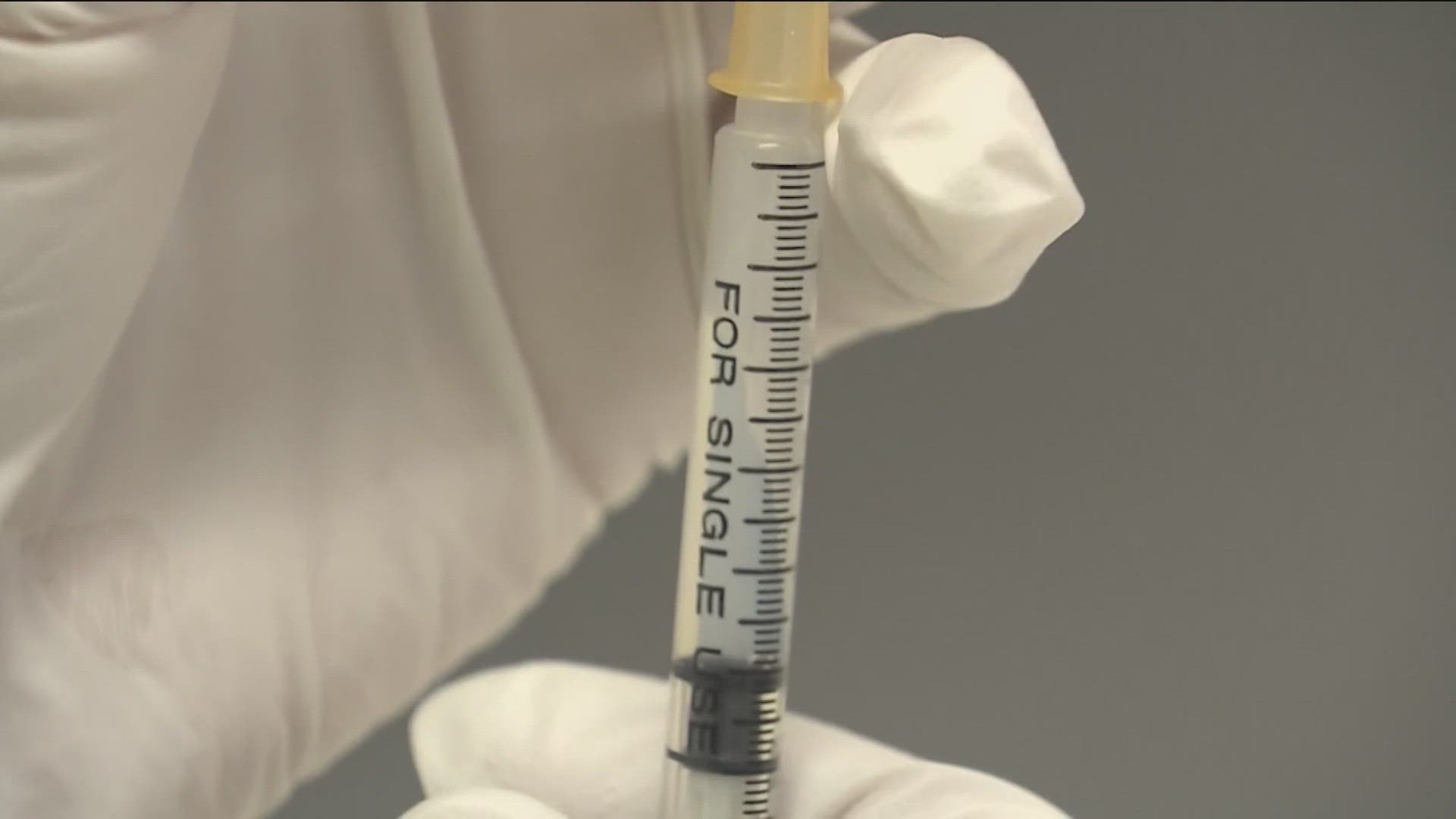BOISE, Idaho — Nearly 14,000 Idahoans have tested negative for COVID-19, but it is unclear how many of those were faulty results.
The Idaho Press reports preliminary research from around the world suggests the typical tests for the rapidly spreading disease can show false negative results, with early studies from China suggesting a false negative rate of up to 30%. False negatives can be caused by a variety of reasons, including tests sitting too long, being administered at a time when the virus isn’t detectable, or other matter on the sample obstructing the process.
Idaho College of Osteopathic Medicine Associate Professor of Pathology Brian Martin said the most concerning part of the false negatives is it would allow infected people to continue to spread the virus. He said he could not estimate what the rate of false negative tests were because of the early stages of research on the virus.
“That means that you’d have all of these people … who are actually infected, they’re positive, but their test comes back and they say, ‘I’m in the clear, I don’t need to worry about it.’ And they’re in a situation where they can infect other people because they think they’re negative,” he said.
RELATED: Map and timeline counting Idaho confirmed coronavirus cases, and what we know about each death
Under normal conditions, testing procedures are developed for up to a year and approved by the U.S. Food and Drug Administration before going into heavy use. However, due to the need for rapid testing for COVID-19, the federal government has issued several Emergency Use Authorizations for tests. There is no traditionally FDA-approved test for the disease.
There are two kinds of tests being administered for COVID-19. The most common test is what’s called a “reverse transcription polymerase chain reaction test” where a medical professional takes a swab from deep inside the nostril and tests for the genome of the virus itself in the sample. Martin said a false negative can happen in this test if the amount of the virus in the sample is extremely low or there is matter in the nose that could make it so the test does not work properly.
Because this test looks for the virus itself, this would not determine if a person had been sick with the virus previously. It can only tell if someone has it currently.
The second kind of test is a blood test that detects antibodies the body has built up to fight COVID-19, which suggest someone has been fighting the virus for five days or more. These antibodies stay in the body after you have already recovered, so they can also tell if someone has had it in the past, according to Martin.
RELATED: Crush the Curve Idaho secures thousands of COVID-19 and coronavirus antibody tests for Idahoans
Testing more Idahoans has been the central focus of the Crush the Curve project, an effort from 18 companies to boost testing of essential workers across multiple fields statewide. Tommy Ahlquist, a former emergency room doctor who’s now a real estate developer and CEO of Ball Ventures Ahlquist, which owns Saltzer Health, said he knows about the risk of false negatives from nose swab tests because people sick with COVID-19 only have the virus in their nostril for a certain amount of time while they are sick.
That’s why he’s also pushing for the rollout of antibody tests in Idaho.
“So if you’re outside of that window, you’re still shedding virus before and you’re positive, and you’re shedding virus a long time after, and you’re still positive, but did the sample get collected at the right time?” he said. “That is probably one of the most important things that causes a false negative. So you’re still positive. And that’s why antibody testing is so important.”
Martin said both tests have false negatives, but because they test for the virus at different times and in different ways one is not better than the other.
“Both tests are great to have together, so you can test whether you have antibodies if you are currently infected,” he said. “That is the ideal situation to use both tests at the same time.”
If you enjoy reading articles like this one from our partners at the Idaho Press, please consider subscribing to them for newspaper delivery or digital access to help ensure stories like this are told.
More from our partner Idaho Press: Idaho's new ban on gender changes to birth certificates draws legal fire
Facts not fear: More on coronavirus
See our latest updates in our YouTube playlist:

